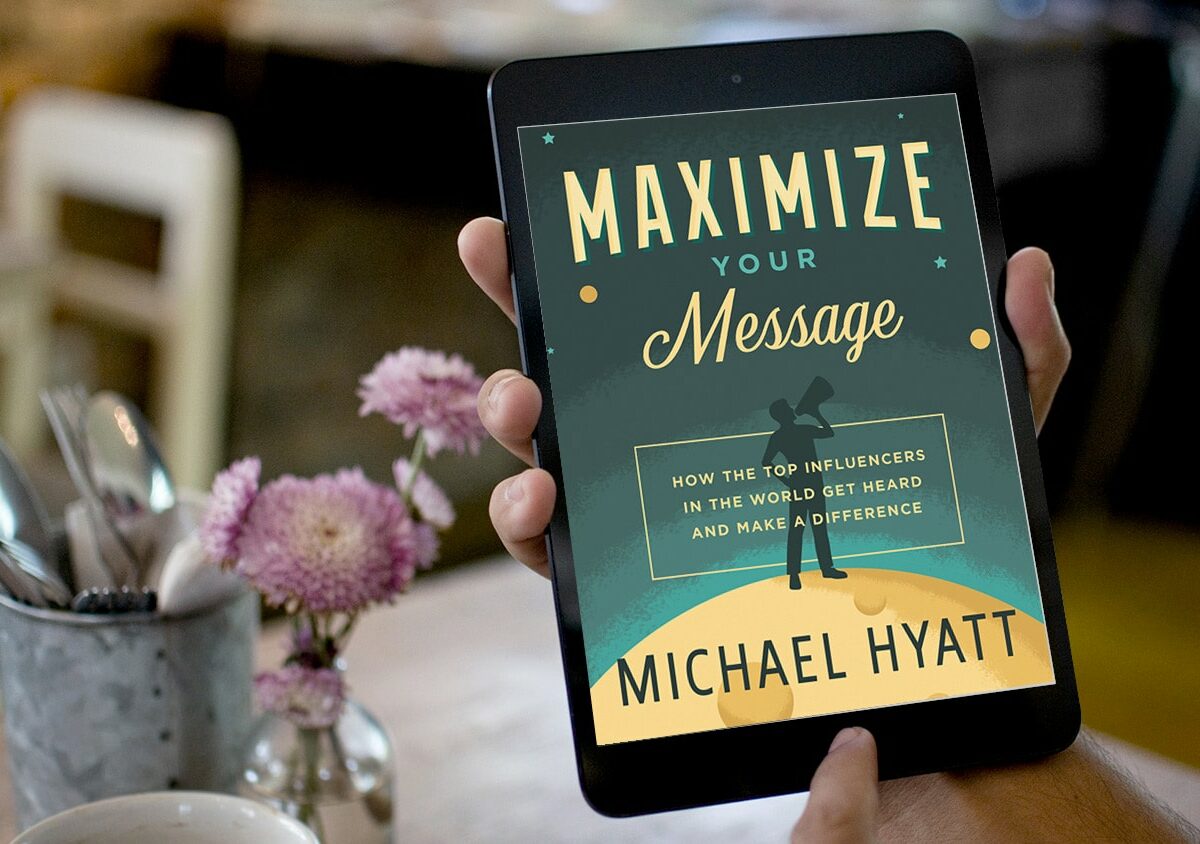As you may know, Donald Miller is the author of the bestseller, Blue Like Jazz. A few years ago, he and a few friends decided they wanted to make a movie based on the book. (Don wrote about this process in his most recent book, A Million Miles in a Thousand Years.)
They developed a great script, recruited a stellar cast, and then began the arduous process of raising the money to shoot the film. But soon after they started, the Great Recession hit. Investors got nervous, making the fund-raising process even more difficult than usual.
After two years of chasing every possible lead, Don announced on his blog on September 16th that the project was dead. Although they had raised a good deal of money, they were still short of the minimum budget they needed to make it happen. It looked like a disappointing end to the story.
But evidently, God wasn’t finished. Neither were Don’s fans.
Two guys from Franklin, Tennessee, Zach Prichard and Jonathan Fraizer, refused to let the movie go. They weren’t investors. They hadn’t even met Don. They were just fans of the book and wanted to see the movie made.
So they got creative.
After a little research, they discovered that that movie could still move forward if they could raise at least $125,000 before October 25. After that, the actors, production crews, and equipment would have to be released for other projects.
They got busy and created a Web site called Save Blue Like Jazz. They used a funding platform for creative projects called Kickstarter. It allows individuals to pledge money toward a project in whatever amount they want. If all the money gets pledged, the project gets funded and moves forward. If it doesn’t, the would-be donors get their money back.
Zach and Jonathan launched their Web site on October 1st. They included the video embedded above. It quickly went viral. People used blogs, Twitter, and Facebook to get the word out. It took on a life of its own. By October 10th, they had raised $125,000.
But they decided to keep going. The movie’s budget was ridiculously low. The $125,000 could get the movie made, but on a shoestring. They thought, If we could raise a little more money, we could really make this movie great. So they kept going.
So far, Zach and Jonathan have raised more than $240,000 This is more than anyone has ever raised using Kickstarter! CNN has picked up the story, as has The Atlantic. Even a producer from The Today Show has called Don.
This is nothing short of a miracle. I am amazed. It shows the incredible impact social media can have when you have a cause that people truly care about.
Today is the last possible day you can donate. The project closes today at midnight. This is your last chance to be part of this incredible movement.
I want to encourage you to do so. Why? I think there are three reasons:
- Blue Like Jazz is a great story that makes the Gospel relevant to a generation that largely ignores it.
- It is probably the only opportunity mere mortals, like you and I, will have to invest in a Hollywood movie. You can invest as little as $1. For most Hollywood films, the minimum is several hundred thousand.
- It provides you with the rare opportunity to make a difference and participate in something historic. Blue Like Jazz is not just a book—or even a movie—it is the story of a generation who is desperate to connect with authentic spirituality.
I think there are lots of lessons here for authors, artists, and other creatives. Sometimes, your dream has to die before it can be resurrected. It is also a wonderful testimony to the power of social media and raving fans, who can—and have—made a difference.
Will you help us make history? If so, click here to donate.
Disclosure of Material Connection: Some of the links in the post above are “affiliate links.” This means if you click on the link and purchase the item, we will receive an affiliate commission. Regardless, we only recommend products or services we use and believe will add value to our readers. We are disclosing this in accordance with the Federal Trade Commission’s 16 CFR, Part 255: “Guides Concerning the Use of Endorsements and Testimonials in Advertising.










